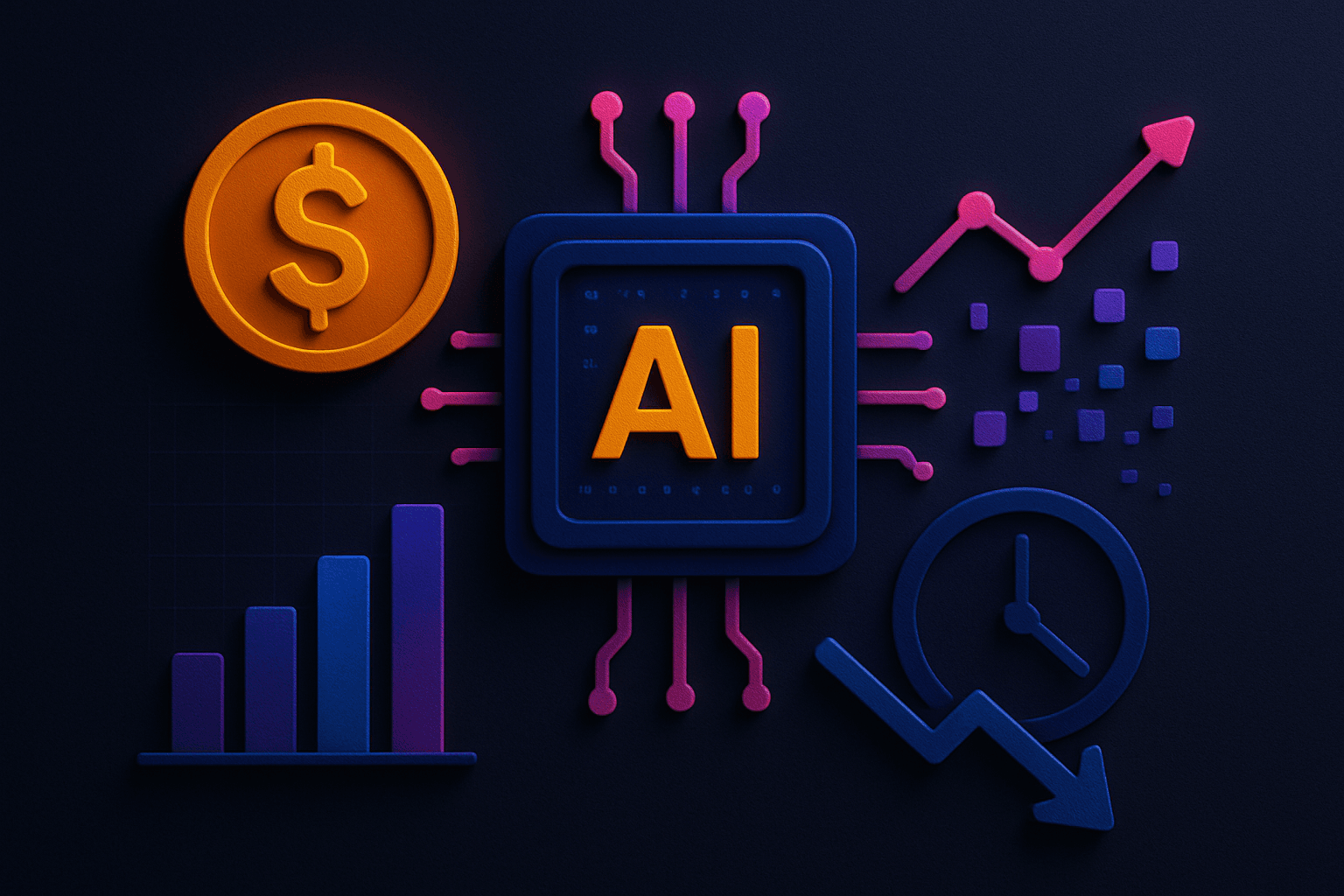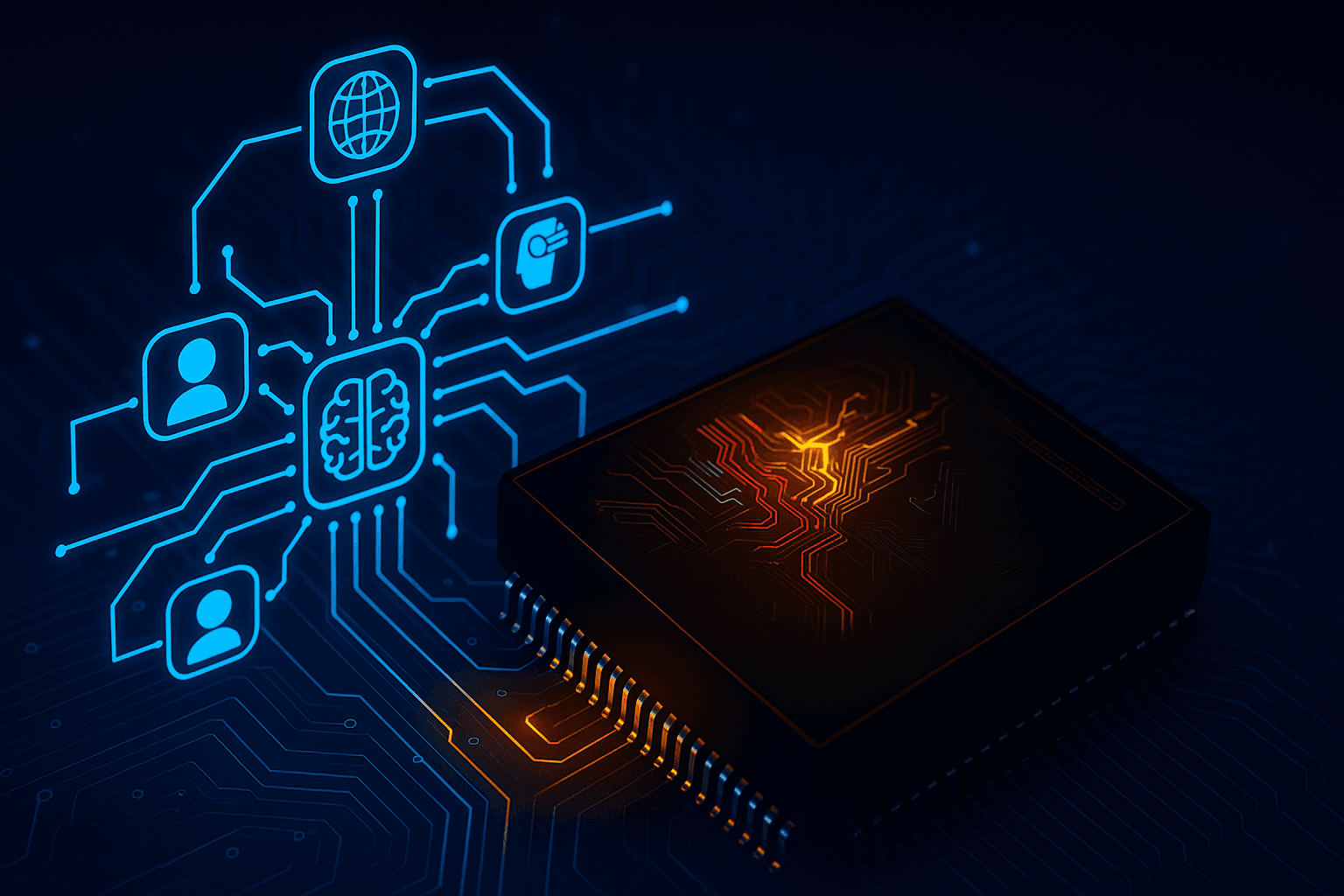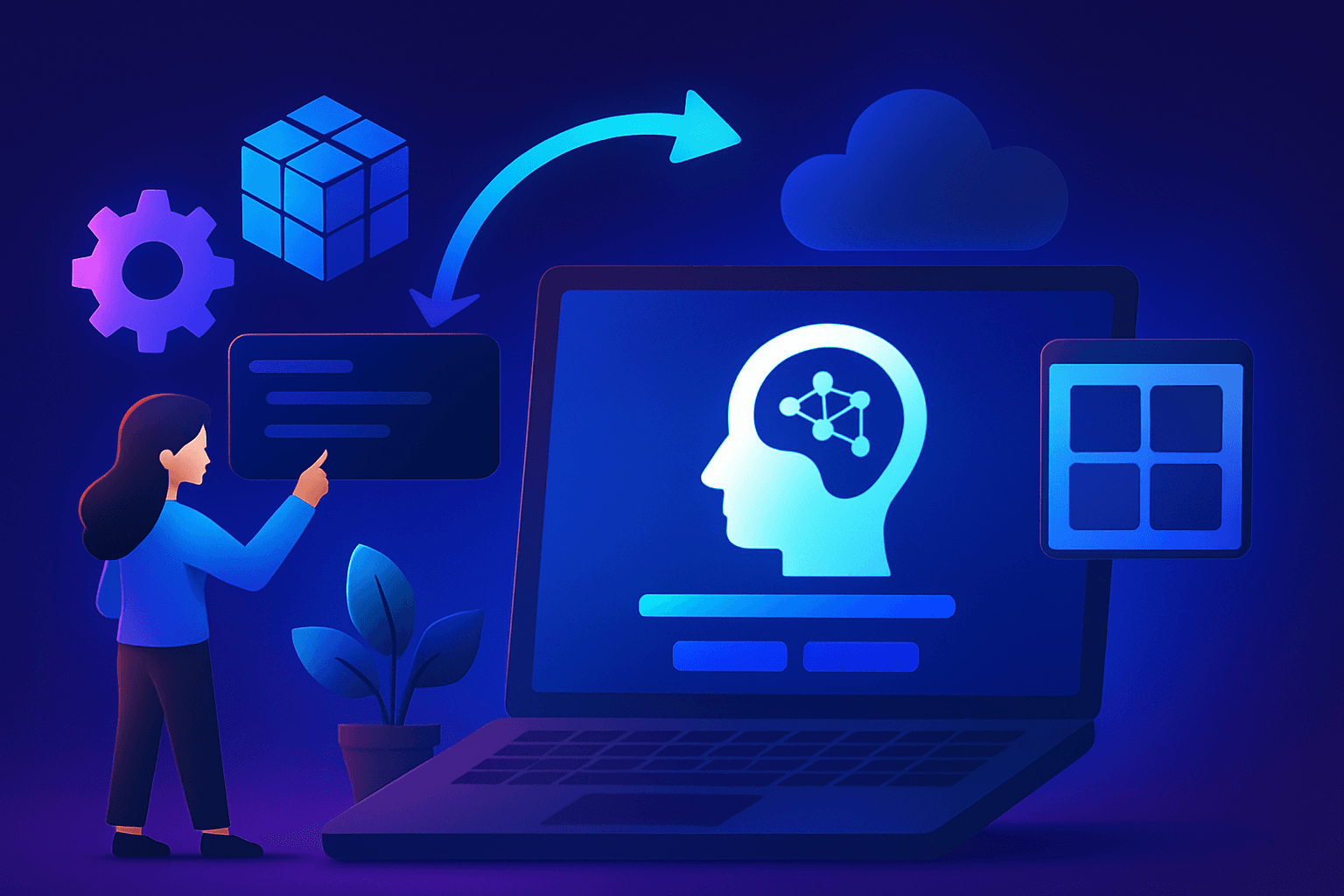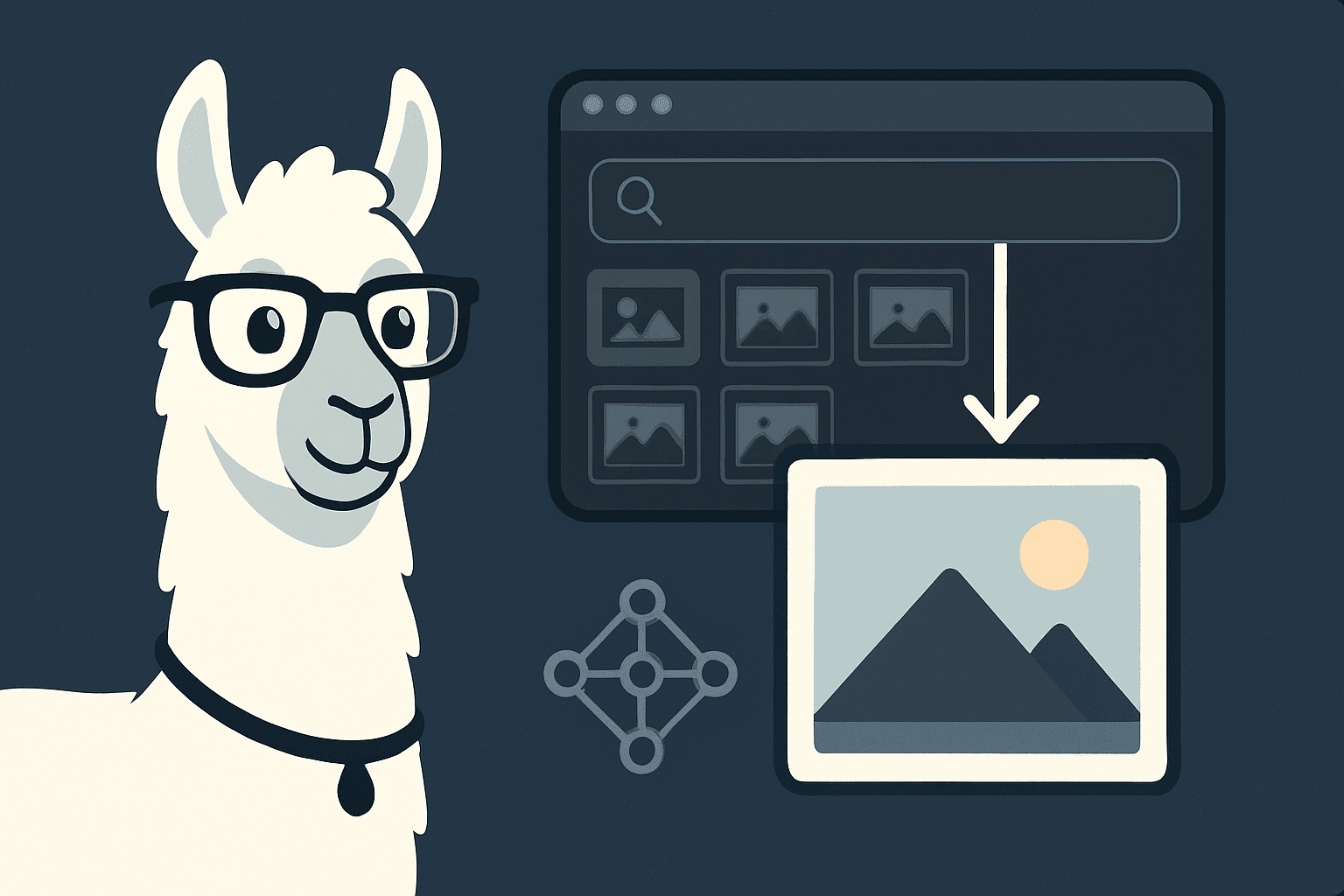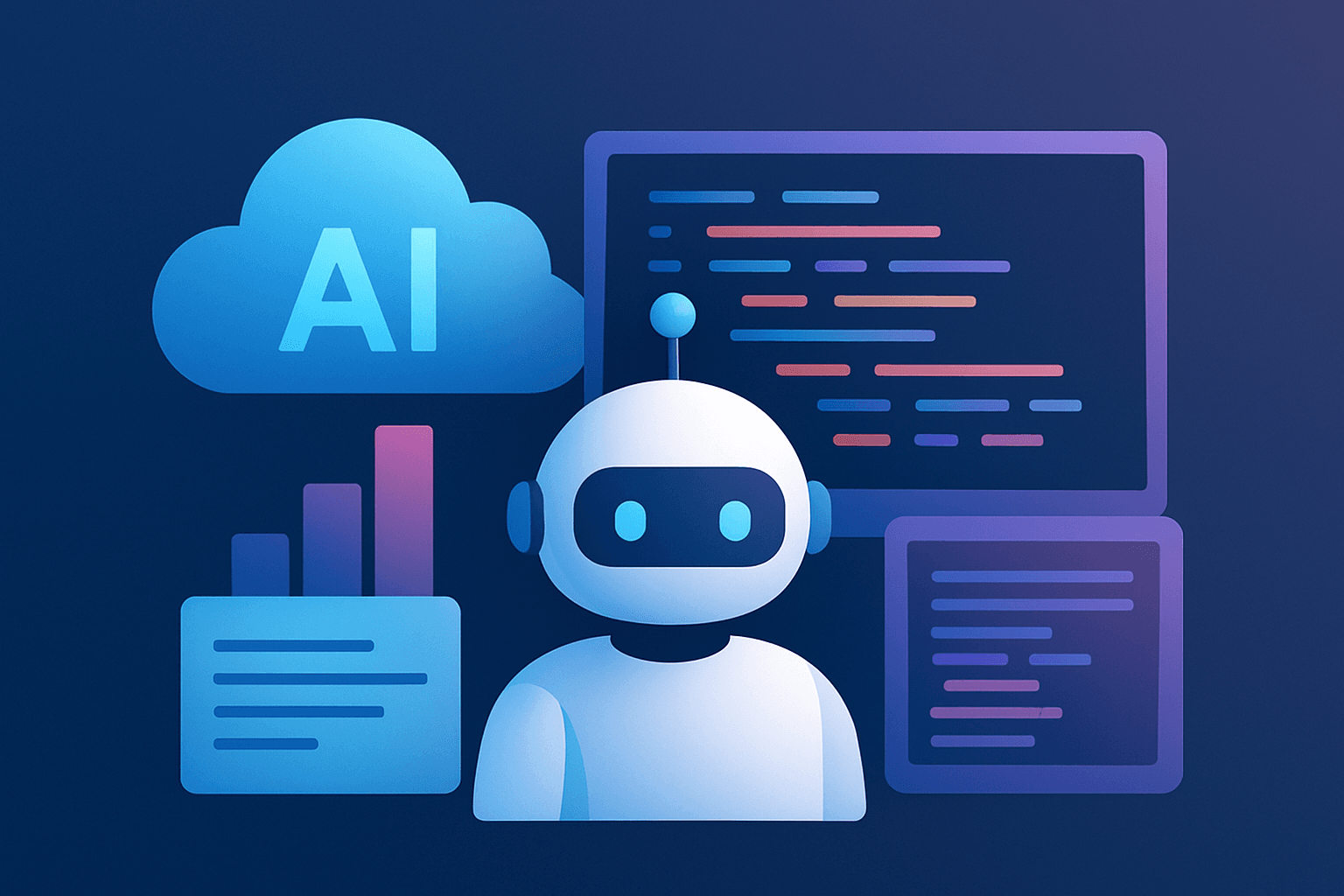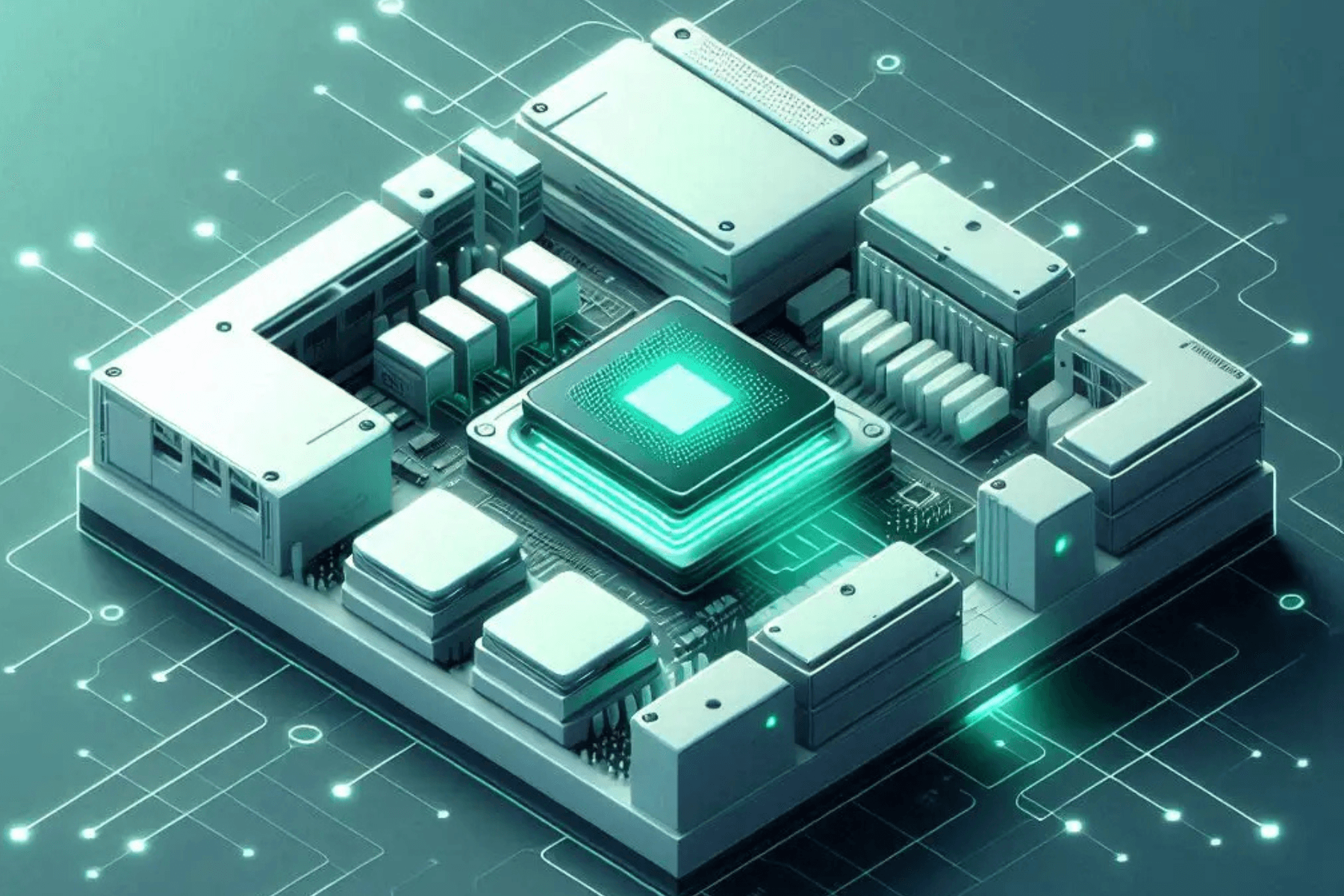How AI Is Taking the World by Awe
Artificial intelligence (AI) has a household presence in current times. Your smartphone, smart TV, smartwatch, and even your smart home speakers have artificial intelligence capabilities. AI is mostly seen as some figment of science fiction dystopia. However, Artificial intelligence has made our lives more comfortable, and in fact, is even helping save human lives. In this blog, we’ll look at artificial intelligence applications in businesses and why it seems like a definite contender that can drive combined business growth.
Artificial Intelligence in Business
“Artificial intelligence is kind of the second coming of software. It’s a form of software that makes decisions on its own that can act even in situations not foreseen by the programmers. Artificial intelligence has a wider latitude of decision-making ability as opposed to traditional software.” - Amir Husain, CEO and founder, SparkCognition.
The concept of AI isn’t new. Modern AI took birth way back in 1956. But, it was only half a century later that we saw advancements by leaps and bounds and new applications of artificial intelligence that were unimagined of, making our professional lives much much easier.
With the increasing popularity of artificial intelligence, on-demand services, and cloud computing, AI companies have started adopting the Software-as-a-Service (SaaS) model for AI.
You won’t be able to differentiate between traditional software and AI software. AI software, too, relies on a set of codes to perform various tasks. This includes user interaction, data management, or system integration. However, the core of AI software lies in the set of trained data models used in the software. The data models can analyze and interpret images, understand speech, generate natural responses, and other complex tasks. Maintaining them can sometimes become more like a services business that requires significant customer-centric customization and input costs beyond the traditional functions. Here’s a look at how SaaS AI is bringing a disruptive change to business operations.
The Potential of AI SaaS in Business
Here are a few areas where artificial intelligence solutions are being deployed, mainly for SaaS organizations.
- Personalized Marketing
Artificial intelligence tools take marketing to the next level by providing personalized marketing. While traditional marketing relies on treating the entire customer base as one entity, artificial intelligence helps understand every customer profoundly and create a marketing strategy that perfectly connects with the customer. Moreover, AI not only can help in formulating new marketing strategies but also can contribute towards the execution.
For instance, AI can organize customer data according to multiple metrics, such as their age, location, interests, and other vital data. This can help display targeted ads to the customers and give them exactly what they want and when they want.
Businesses have realized the power of AI in marketing. Statistics show that 22% of marketers are currently using AI-based applications, with an additional 57% planning to use it in the next two years. And if you don’t want to lose to your competitors, you better start adopting AI for your marketing efforts.
- IT Operations
The use of Artificial intelligence for IT operations can help improve IT system performance and services. Almost the entirety of business operations today rely on IT services. One of the primary uses of artificial intelligence is to automate processes in the IT landscape. However, the most valuable benefit of AI in IT is improving maintenance procedures. A breakdown in the IT infrastructure can lead to major downtime and considerable losses in finance and work hours. The IT team generally requires a lot of time to fix the IT systems and get them up and running. Artificial intelligence, however, turns this reactive maintenance approach into a proactive one. The AI algorithms analyze the IT infrastructure continuously and can help identify issues before the systems go down. Therefore, the maintenance team can start working on the issue even before it occurs. This integration of AI in IT systems has been termed as AIOps.
- Manufacturing
Artificial Intelligence has the potential to transform the entire manufacturing process, right from the supply chain to inventory tracking. AI can help give rise to on-demand manufacturing by helping predict customer demand based on predictive analytics. It analyzes historical data to identify customer demand. The manufacturing processes can be sped up or slowed down based on the data, reducing manufacturing costs. Artificial intelligence has already made inroads in manufacturing and is only expected to increase its dominance. Artificial Intelligence in the manufacturing market will be worth $16.7 billion by 2026. So, it’s time to start looking at AI as an essential investment if you are involved in manufacturing operations.
Conclusion
Irrespective of your business domain and operation, you should start looking for opportunities to include AI in your operations. It will help you streamline your processes, increase productivity, and reduce operational costs. However, the implementation shouldn’t be haphazard. You’ll require proper planning and a strategic framework to ensure that your AI deployment program is successful.
